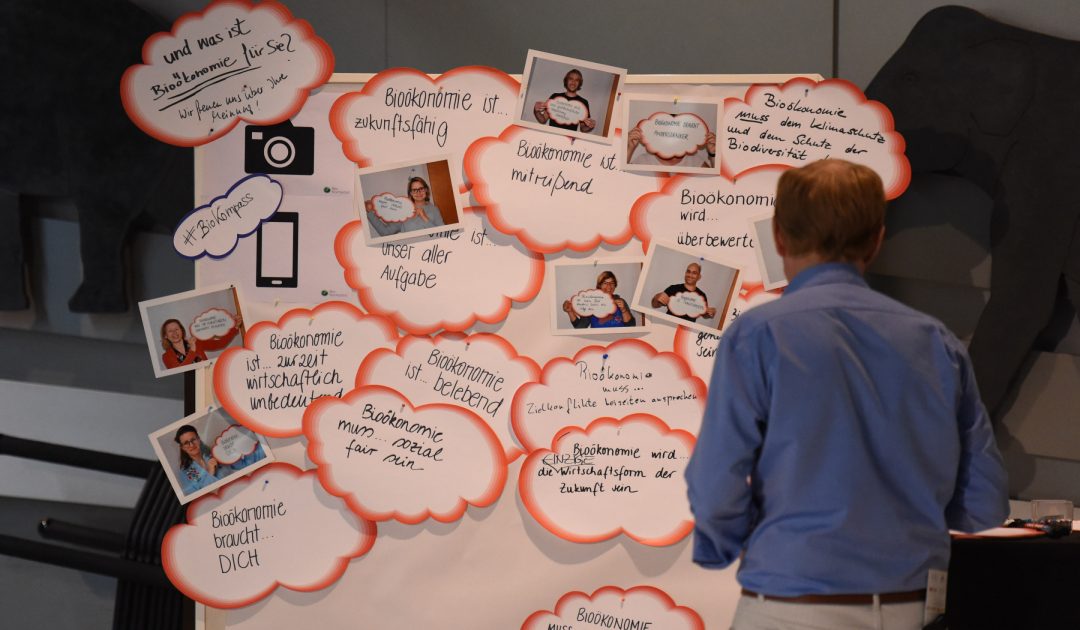Project partners
Five organizations from different sectors work together in this project, contributing social and natural science-related, economic, engineering-related, pedagogical, and communication-technical expertise to the individual project modules. Each partner institution sets its own emphases and contributes to the overall picture. This results in a multi-layered knowledge base and a comprehensive view of the topic.
